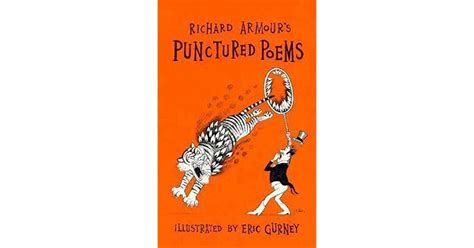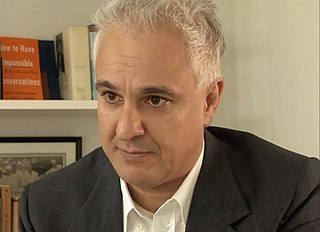A Quote by Bertrand Russell
John Locke invented common sense, and only Englishmen have had it ever since!
Quote Topics
Related Quotes
... It's perfect! Locke would appreciate it." "Bug," Calo said, "Locke is our brother and our love for him knows no bounds. But the four most fatal words in the Therin language are 'Locke would appreciate it.'" "Rivalled only by 'Locke taught me a new trick,'" added Galo. "The only person who gets away with Locke Lamora games ..." "... is Locke ..." "... because we think the gods are saving him up for a really big death. Something with knives and hot irons ..." "... and fifty thousand cheering spectators.
The wildest dreams of wild men, even, are not the less true, though they may not recommend themselves to the sense which is most common among Englishmen and Americans to-day. It is not every truth that recommends itself to the common sense. Nature has a place for the wild clematis as well as for the cabbage. Some expressions of truth are reminiscent,--others merely sensible, as the phrase is,--others prophetic.
Stephen Miller did one thing: He simply recited common sense. This is a common sense immigration bill. If there was ever a piece of common sense legislation, this is it. In this case, what Stephen Miller did was nothing more than common sense, and yet it was interpreted - it went right over their heads, the White House press corps, not just Jim Acosta and Glenn Thrush. It went over all of their heads because they didn't understand what he was talking about, either because of the fog of hatred they have for Donald Trump and his administration, or they are just ignorant.
Common sense is the guy who tells you that you ought to have had your brakes relined last week before you smashed a front end this week. Common sense is the Monday morning quarterback who could have won the ball game if he had been on the team. But he never is. He's high up in the stands with a flask on his hip. Common sense is the little man in a grey suit who never makes a mistake in addition. But it's always someone else's money he's adding up.
Liberalism is a creation of the seventeenth century, fathered by British philosopher John Locke (1632-1704). For Locke, liberalism means limited government, the rule of law, due process, liberty, freedom of religion, freedom of speech, freedom of the press, freedom of assembly, separation of church and state, and separation of government powers into branches that oversee each other's authority.

































